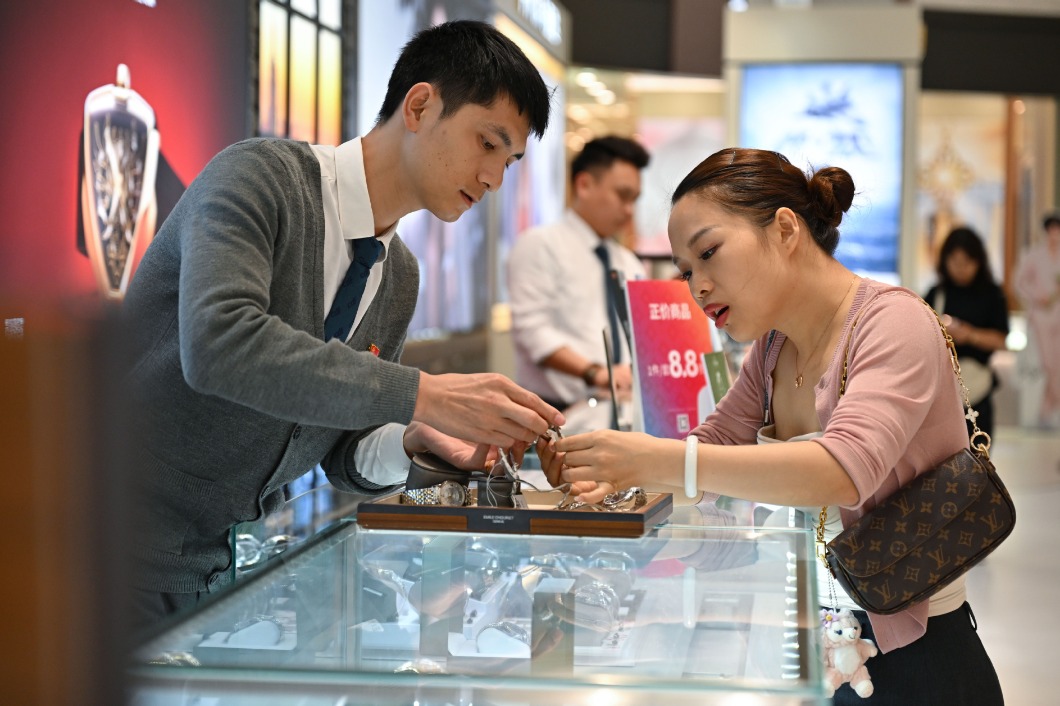Baheal Pharmaceutical partners with SATO and Itochu


Chinese pharmaceutical company Baheal Pharmaceutical Group announced on Friday that it had signed cooperation agreements on Thursday with Japanese drug company SATO and trading enterprise Itochu, acquiring the exclusive distributorship of SATO's high-end functional skin care brand Excellula in China.
SATO has a wide range of over-the-counter healthcare and skin care products, and the new cooperation with Baheal Pharmaceutical Group will bring about new sale models and multiple distribution channels, which will be very important for the Japanese company to get close to Chinese consumers and tap the huge market potentials in China, Baheal Pharmaceutical Group's press release said, quoting an executive of SATO.
Japanese skin care products are popular with Chinese consumers, and many Chinese buy such products through daigou, a cross-border personal shopper who buys cosmetics, accessories and clothing and then resells them in China. However, since the e-commerce law took effect in Jan 1, such shoppers need to pay taxes or customs duties if they resell the merchandise to buyers in China for profits, which has had a negative impact on Japanese companies' expansion into Chinese market, and the new cooperation will benefit both the Chinese customers and Japanese brands, bring in quality products through legal channels into China, Baheal Pharmaceutical said.
According to a Xinhua news report, China's cross-border e-commerce trade saw its turnover rise 80.6 percent from 2016 to 90.24 billion yuan ($13.42 billion) in 2017. While official data shows a sharp rise in complaints lodged related to cross-border e-commerce. Milk, milk powder and other foods, diapers, health care products and cosmetics were the goods that saw most complaints.
Trade between China and Japan surged 10.7 percent year-on-year to $243.71 billion in the first three quarters of 2018, data from the General Administration of Customs showed.




































